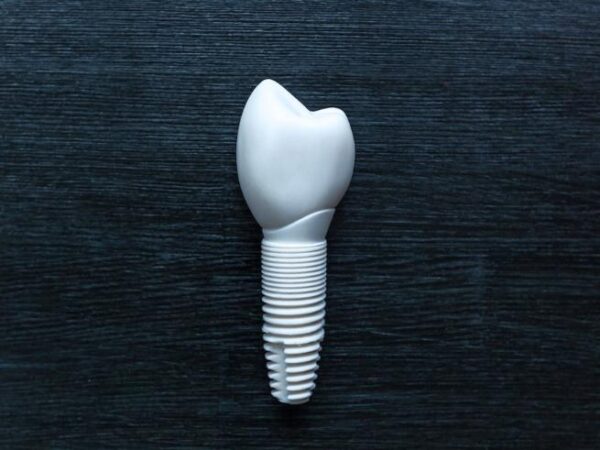In fact, a non-metallic dental implant replaces the tooth root, which is placed inside the jaw bone in order to keep the tooth root stable. Zirconia implants can be mentioned among the newest non-metallic implants. This type of implant is very durable and long-lasting. Almost since the 60s, this type of implant became popular among people. This type of implant is biocompatible and fast to the bone. In the bone integration process, bone can grow around the implant.
After that, it will be integrated with the implant. As a professional dentist at an implant center in Newmarket explains, this step is one of the most vital steps. If this step is not completed successfully, the implant will fail. Currently, non-metallic implants are approved by the people. This type of implant is reliable from the point of view of complete specialists.
It is better to know that in non-metallic implant design, abutment and base have a complex design. Therefore, it is used as a small piece. But the abutment and screw base are two separate pieces that are screwed into each other. One of the most important advantages of these two pieces is that the dentist has special control over the conditions of the implant. Therefore, there is no possibility of error in it.
What Do You Know About Titanium Dental Implants?
In the previous section, we discussed non-metallic implants. In this section, it is better to get acquainted with titanium implants. Most experts in the medical profession have approved titanium. Apart from the dental industry, titanium is also commonly used to repair knee and hip bones. Titanium is an extremely resistant and light metal. This metal has a very high resistance. Experts consider the success rate of titanium dental implants to be approximately 94%.
Are Non-metallic Implants Biocompatible?
In terms of biocompatibility, it should be said that the compatibility of non-metallic implants is very high. Therefore, the human body does not reject this type of implant in any way. Some non-metallic implants may be seen in the bloodstream. However, in the research conducted, there has been no negative effect on this type of implant. A non-metallic implant is biocompatible, just like titanium. After that, the person will not be involved in allergies, and the particles of this type of implant will not enter the bloodstream in any way.
Implantation of non-metallic implants is possible in a very limited period. After that, when the tissues are repaired, the person may be less susceptible to infection. Studies show that two-piece implants are associated with hiding bacteria. But in titanium implants, one does not need dental glue anymore. Because of this, bacteria can accumulate in it.
Who Is Allergic to Non-metallic Implants?
It should be noted that the possibility of having an allergy to a non-metallic implant is very small. In addition, no evidence has been provided on this issue. Few people are allergic to this type of implant. Those who are allergic to metal should take an allergy test before implanting a non-metallic implant.




